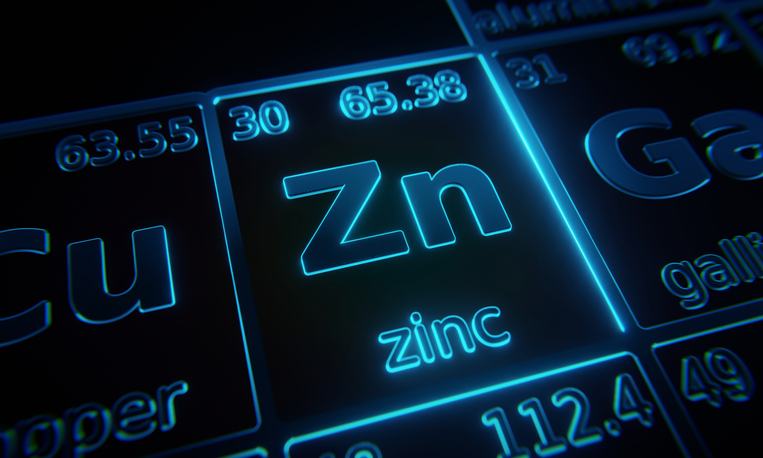
The mineral zinc is primarily touted for its role in boosting our immune system and helping with growth and development. However, zinc’s relationship with blood pressure is an often overlooked but crucial benefit of taking this supplement.
People who are zinc deficient could be at risk for developing high blood pressure, which can lead to more severe health complications, including a heart attack. Additionally, people with high blood pressure could benefit from increasing their zinc intake to lower their blood pressure naturally.
Zinc and High Blood Pressure (Hypertension)
Recent studies suggest that zinc deficiency may be linked with high blood pressure, also known as hypertension. This silent ailment is characterized by consistently high blood pressure readings. It poses serious risks, such as developing heart disease, stroke, and kidney damage.
Scientists think that the reason a zinc deficiency can lead to hypertension has to do with the kidneys and their handling of sodium. Zinc plays a critical role in the kidneys’ sodium-potassium balance. So, a zinc deficit could impair the kidneys’ ability to excrete sodium, leading to fluid retention and, eventually, high blood pressure.
Moreover, zinc is essential for ensuring that smooth muscle cells function as they should in blood vessels. A deficiency could impair this function, thereby contributing to high blood pressure.
This is good news for people with hypertension. However, people who have low blood pressure (hypotension) may not want to reduce their blood pressure even further and might decide not to take zinc supplements. As with all supplements, it’s advisable to speak with your healthcare provider to determine whether a zinc supplement is best for you